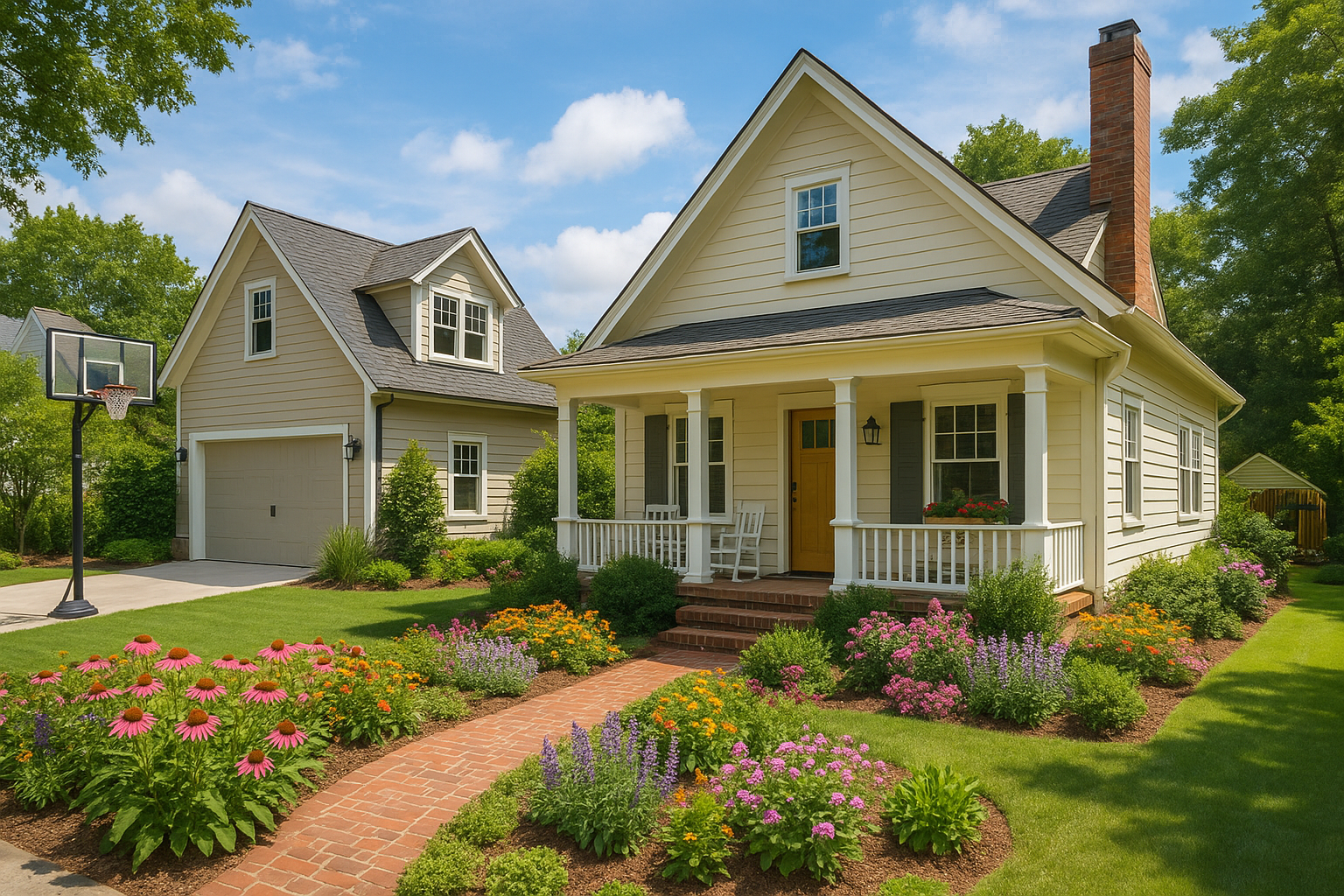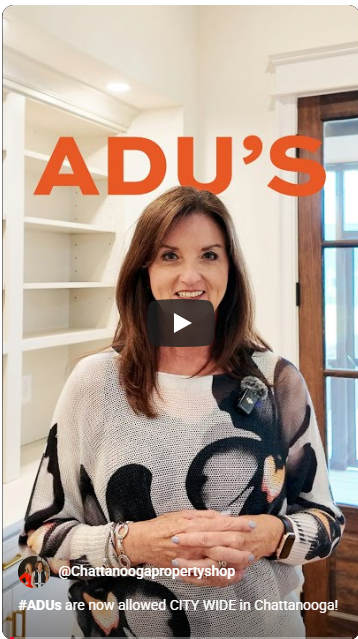Published May 5, 2025
ADUs in Chattanooga: What Homeowners Need to Know

Thinking About an ADU in Chattanooga? Here’s What to Know—Especially If You Want to Use It as an Airbnb
If you’ve been dreaming about adding a guest house in your backyard or converting your garage into a rental, you’re not alone. Accessory Dwelling Units—aka ADUs—are becoming more popular across Chattanooga. They’re flexible, practical, and can open up new possibilities—whether that’s earning extra income, keeping loved ones close, or just having space that works harder for you.
But if your plan includes listing that ADU on Airbnb (or any short-term rental site), there are a few important things you’ll want to know first.
First Things First: What’s an ADU?
ADUs are small, self-contained living spaces on the same lot as your main home. Think backyard cottages, garage apartments, or even a basement suite with its own entrance. They’re fully functional homes—just on a smaller scale.
Here’s why they’re so appealing:
-
You can use them as a long- or short-term rental
-
They’re great for multi-generational living—like giving your adult kids their own space
-
They’re a fantastic option for aging parents who want independence but still be nearby
-
You could even turn one into a home office, art studio, or guest retreat
So... Can I Rent It Out on Airbnb?
Short answer: yes—if you meet the city's requirements.
Chattanooga breaks down short-term rentals into two categories:
-
Owner-Occupied STVRs – You must live on the property (in either the main home or the ADU) to be eligible for a permit. The other unit can be rented out short-term.
-
Non-Owner Occupied STVRs – If you don’t live on the property, the rules are much tighter. Only certain areas of the city allow this type of rental, and you still need to apply for a permit.
So if you're planning to build or buy an ADU and list it on Airbnb, make sure your property qualifies and that you live on-site to stay compliant.
What to Know About Building an ADU
Here’s a quick breakdown of Chattanooga’s ADU guidelines:
-
Zoning matters. Most ADUs are allowed in residential zones like R-1, R-2, and urban overlay districts. Always check before building.
-
Owner-occupancy is required. Either the main home or the ADU must be your primary residence.
-
Size limits apply. Most ADUs can’t be larger than 700–1,000 square feet, depending on your lot size and location.
-
Design guidelines exist. The ADU needs to blend in with the neighborhood and main home in terms of style and scale.
Why Homeowners and Families Are Loving ADUs
Beyond the potential for extra income, ADUs are a smart solution for today’s changing household needs.
Have a college grad moving home? Aging parents who need to downsize but still want their independence? An ADU can offer privacy and proximity all in one. And if life changes, you can always shift how you use the space—guest suite one year, Airbnb the next, long-term rental down the road. Thinking of building an ADU—or buying a home with one already in place? We help homeowners across Chattanooga navigate zoning, permits, and how to make the most of their property, whether it's for family or income. Give us a call to learn more!






